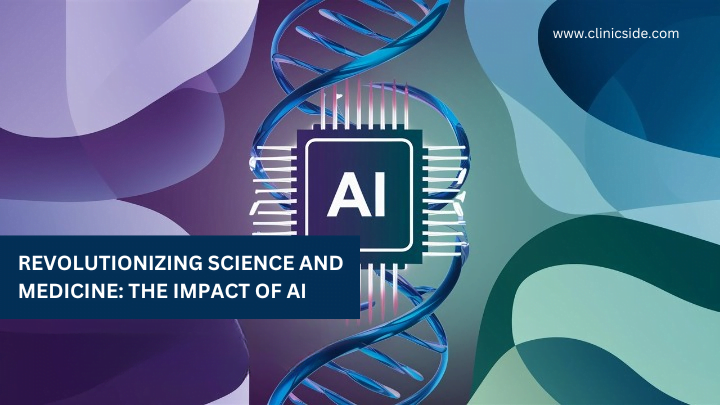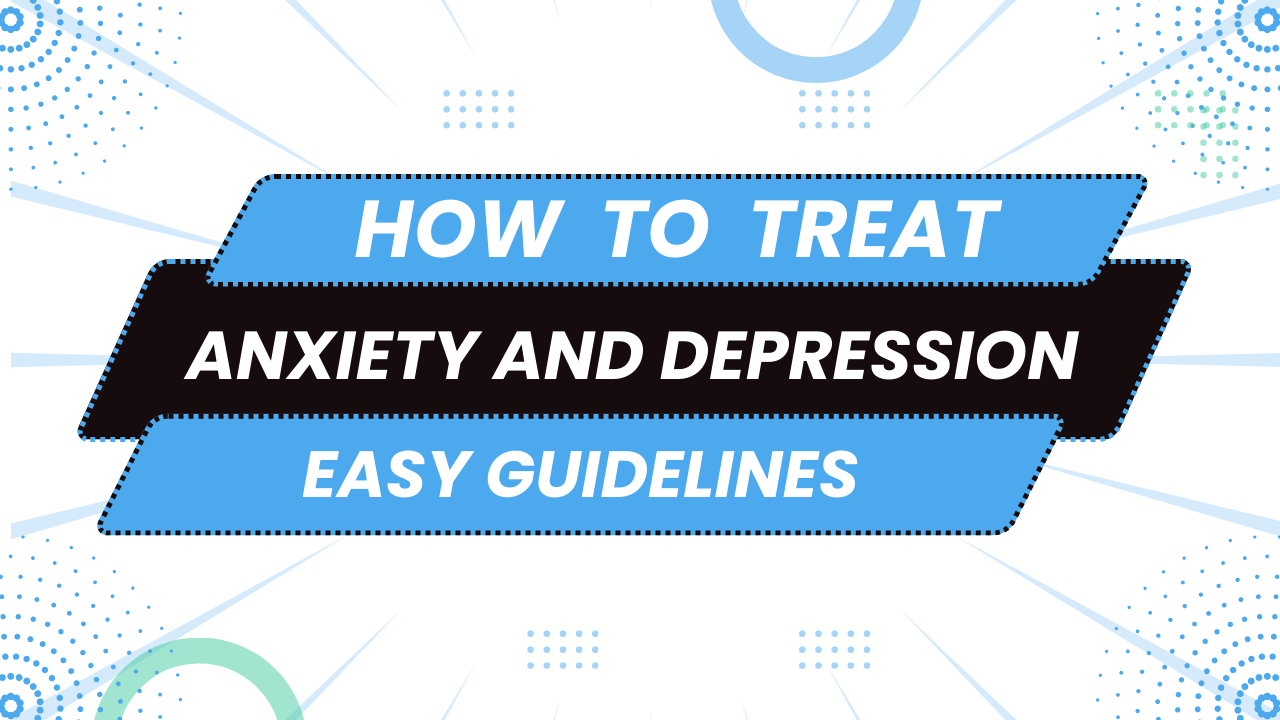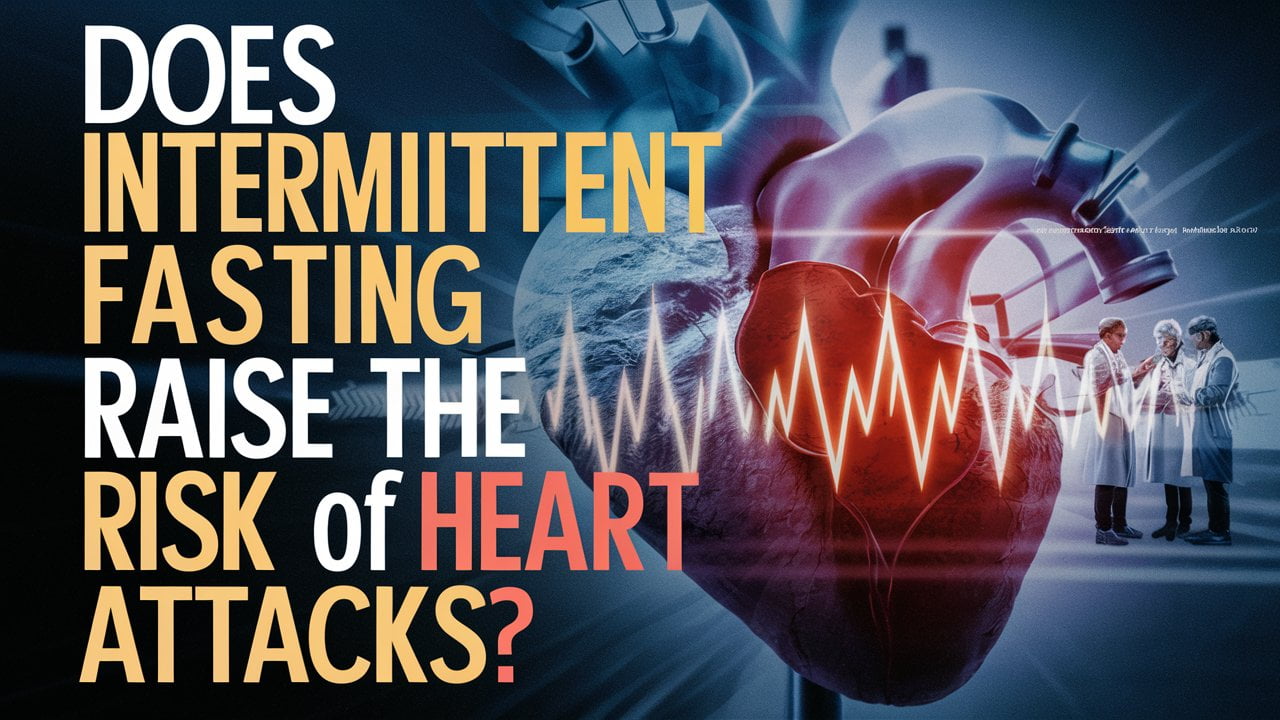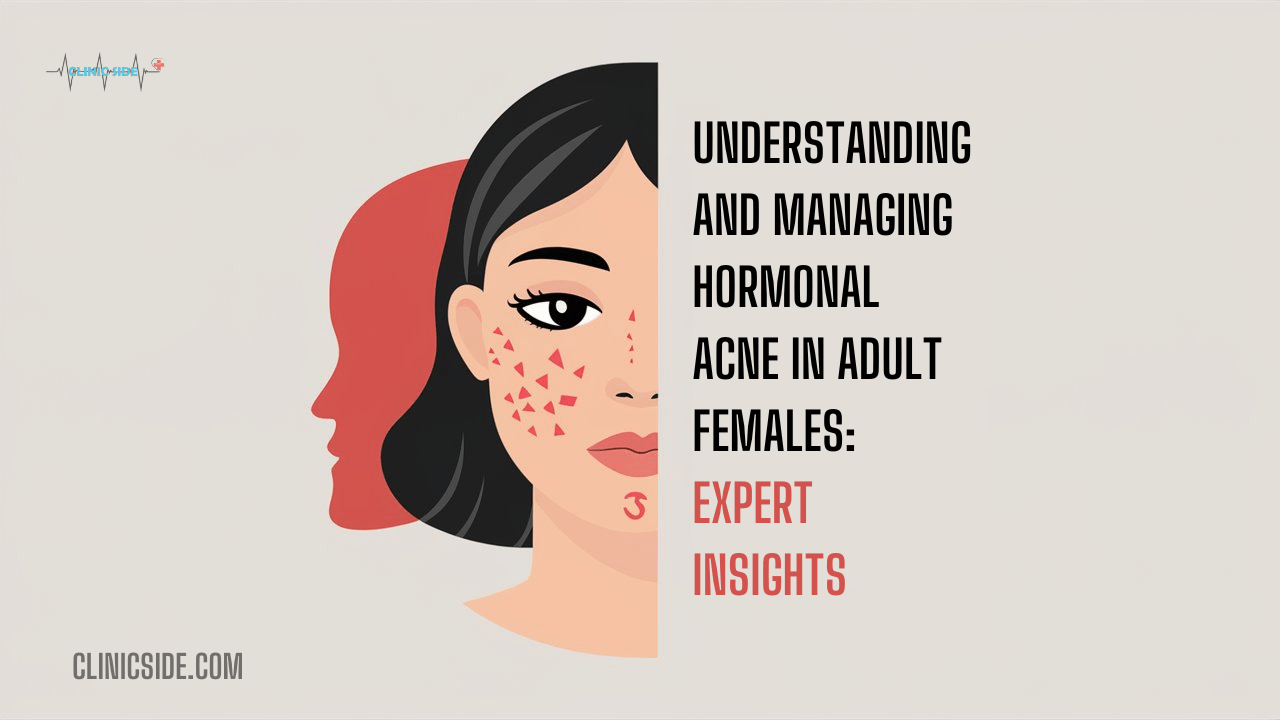
In the world of science and medicine which is always changing, artificial intelligence (AI) has caused a revolution. AI has changed how we understand and approach complex problems in these fields. It could be anything from predicting protein structure to increasing diagnostic accuracy.
AlphaFold: Redefining Protein Structure Prediction
A recent technological advance was AlphaFold developed by DeepMind which redefined protein structure prediction. This program can determine the atomic level 3D structures of proteins very quickly thus opening new avenues for biomedical research.
Transforming Protein Prediction Models
Many other models for predicting proteins have been created after the success of Alphafold including those that predict RNA structures, and antibodies and identify missense mutations in genomes among others. Additionally, artificial intelligence could create entirely new proteins not found anywhere on Earth thereby expanding our knowledge about what is possible scientifically.
The Role of AI in Medicine
AI has the power to fix a lot of issues in healthcare like misdiagnosis which accounts for most deaths worldwide annually. If integrated with health care systems all over the world it might help with accuracy as well as precision since millions die each year due to medical errors alone.
Precision Medicine and AI
The idea behind personalized healthcare is to make the right diagnoses and give made-to-order treatments. There have been many instances where machine learning has proved that it can do better than doctors in diagnosing diseases by looking at huge volumes of medical data including images and patients’ records.
AI in Medical Imaging
The use of Artificial intelligence in medical imaging has produced some unimaginable results; it has beaten the performance of humans when detecting slight abnormalities and predicting outcomes of diseases. AI-based analysis can diagnose diabetes from retinal scans or cancer from chest X-rays with unprecedented accuracy.
Revealing Hidden Insights
Deep learning models powered by AI have revealed things that were previously unseen by human eyes. For example, a computer program can go through medical images and other patient information to forecast such conditions as Alzheimer’s disease or Parkinson’s disease even before symptoms appear thus making early intervention possible.
From Convolutional Neural Networks to Transformer Models
AI revolutionized from convolutional neural networks to transformer models which has improved its ability to deal with complicated datasets thus leading to breakthroughs in many different areas. In medicine, GPT-4 among other transformer models represents the future of AI-based innovation.
Liberating Healthcare Through AI
Incorporating AI into health systems could free up doctors’ time for patient care by taking on routine duties instead. Artificial intelligence does this by streamlining administrative tasks and integrating patients’ information thereby creating more valuable interactions between them and their providers.
Empowering Patients
AI not only streamlines clinical workflows but also empowers patients through timely and accurate diagnosis. Chatbots driven by artificial intelligence have shown great competence in diagnosing complex medical conditions, giving hope to those patients who need answers most desperately.
The Future of Healthcare
While embracing AI applications in healthcare that are rapidly evolving, there’s a need for rigorous validation of these advancements so as to reduce risks while maximizing benefits. However, powered by transformative abilities coming with artificial intelligence, the future of healthcare looks brighter than ever before.
Frequently Asked Questions (FAQs)
How does AlphaFold work?
To predict the three-dimensional structure of proteins from their amino acid sequences, deep learning algorithms are used by AlphaFold.
What are some applications of AI in medicine?
For diagnosis, predicting disease outcomes and personalized treatment planning, medical imaging uses AI.
Can AI replace human clinicians?
In healthcare provision, although AI supports clinical decision-making it still needs human skills and judgment.
How does AI benefit patients?
This leads to faster and more accurate diagnosis thus better patient experience besides improved treatment outcome.
Is AI in healthcare secure and ethical?
There is a need for strong privacy safeguards as well as ethical guidelines so that security can be ensured while using artificial intelligence within the health sector.





Your blog is a testament to your passion for your subject matter. Your enthusiasm is infectious, and it’s clear that you put your heart and soul into every post. Keep up the fantastic work!